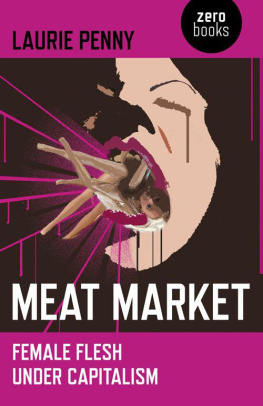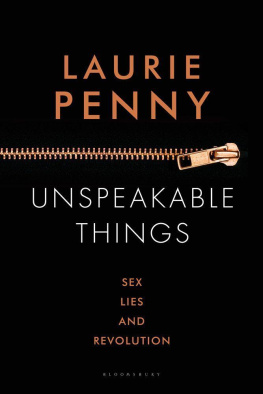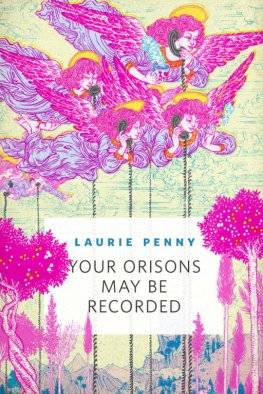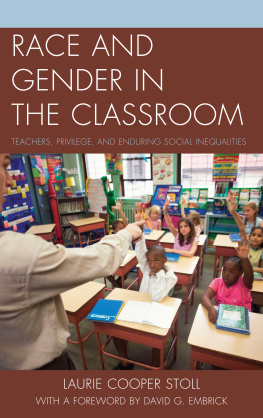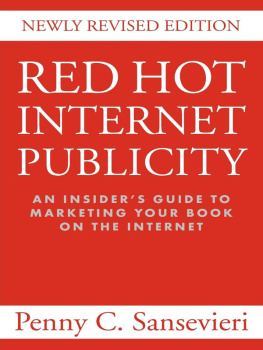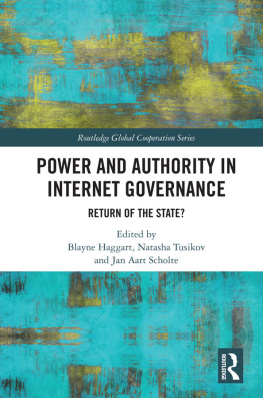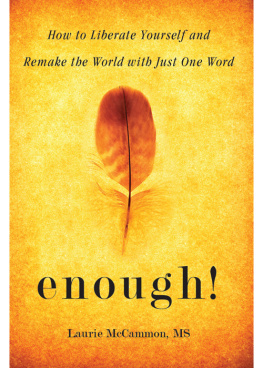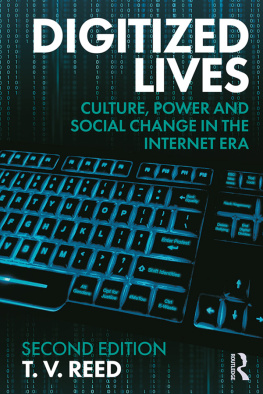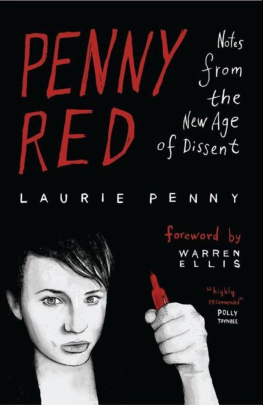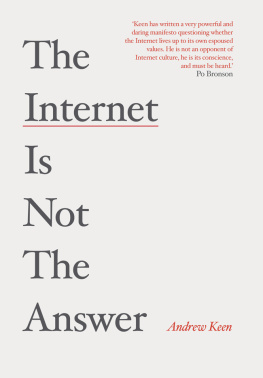
Information wants nothing. People want to be free Cory Doctorow
There are no girls on the Internet 4chan
Contents
CYBERSEXISM
The Internet is a godless place, but thats as close to an in-the-beginning-was-the-word as it gets. The phrase was coined by Tim Berners-Lee, the inventor of the World Wide Web, in time for the London Olympics opening ceremony, but the principle that the Internet should be socially, economically and politically free, and that anyone anywhere should be able to use it to build new interactive platforms, extend the frontiers of human knowledge or just surf dating forums for cute redheads, is basically sound. This is for everyone. Or at least, it was supposed to be.
There was a time, not so long ago, when nerds, theorists and hackers, the first real colonisers of cyberspace, believed that the Internet would liberate us from gender. Science-fiction writers imagined a near future just on the edge of imagination, where peoples physical bodies would become immaterial as we travelled beyond space and distance and made friends and connections and business deals all over the planet in the space of a split second. Why would it matter, in this brave new networked world, what sort of body you had? And if your body didnt matter, why would it matter if you were a man or a woman, a boy or a girl, or something else entirely?
Im twelve years old and Ive started hanging out in the type of chat forums where everyone will pretend to believe youre a 45-year-old history teacher called George. At the same time, the other half of the Internet seems intent on pretending that they are thirteen-year-old schoolgirls from the south coast of England. Amidst growing moral panic about paedophiles and teen sluts preying on one another in the murky, unpoliced backwaters of Myspace, I feel something a little akin to freedom. Here, my body, with all of its weight and anxiety, its blood and grease and embarrassing eruptions, is not important; only my words are important. I dont want to be just a girl, because I already know that being a girl is understood to be somewhat less than being a person. I want to be what web theorist Donna Haraway calls a cyborg:
A cyborg is a cybernetic organism, a hybrid of machine and organism, a creature of social reality as well as a creature of fiction. By the late twentieth century, our time, a mythic time, we are all chimeras, theorized and fabricated hybrids of machine and organism Id rather be a cyborg than a goddess.
At the turn of the twenty-first century my tits were coming in and I wasnt at all impressed with the messy biopolitics of approaching adolescence. The Internet became part of my life early enough to be the coolest thing ever, and late enough that I have memories of GeoCities before it became a howling desert rolling with tumbleweed and dead pixels, and it seemed like a place where all of the bullshit, the boys and dress-codes and harassment and the way grown-up guys were starting to look at me, didnt matter. It was a place where I could be my real self, rather than the self imposed by the ravening maw of girl-world that seemed to be opening to swallow me up. It turned out, though, as more and more of our daily lives migrated online, that it did matter if you were a boy or a girl on the Internet. It mattered a very great deal.
Users of the sprawling 4chan forum a vast, anarchic, nameless playground of the collective id inhabited mainly but not exclusively by angry young men, which spawned the Anonymous activist network as well as half the stupid cat memes you used to giggle at while at work declared early on that there were no girls on Internet. That idea sounded like sweet freedom for a lot of us, but it turned out to be a threat.
Over the past two generations, the political map of the human heart has been redrawn first by feminism, and then by a change in technology which is altering for ever how and why and with whom we can communicate. The feminist revolution and the digital revolution have grown up together, and are both incomplete. They pose fundamental, frightening questions about the nature and organisation of human society that are deeply scary to those in power, and in both cases, the backlash is on.
In ye olden tymes of 1987, the rhetoric was that we would change genders they way we change underwear, says Clay Shirky, media theorist and author of Here Comes Everybody. [But] a lot of it assumed that everyone would be happy passing as people like me white, straight, male, middle-class and at least culturally Christian. Shirky calls this the gender closet: people like me saying to people like you, You can be treated just like a regular normal person and not like a woman at all, as long as we dont know youre a woman.
It turned out that the Internet wasnt for everyone. Not really. Not yet. It was for boys, and if you werent one you had to pretend to be, or youd be dismissed. Im fine with people deciding individually that they dont want to identify as female on the Internet in the same way Im fine with people deciding not to wear a short skirt if they feel afraid or uncomfortable but no one should tell you to do that, and imply that if you dont comply you are somehow the one at fault, says journalist Helen Lewis, who was among the first to speak out against online misogyny in the mainstream press. She says that such advice translates to duck, so that the shits abuse someone else.
Im seventeen and Im not allowed on the Internet and it feels like being gagged and blindfolded. During the nine months I spent in a womens ward for the mentally interesting, the Internet was deemed a bad influence, possibly the worst, on young girls trying to become healthy, well-behaved women: all that porn, all that trash, all those poisonous pictures of very thin models shared on pro-ana sites where we had encouraged each other to starve down to ecstatic skeletons before we were hospitalised.
The Internet was bad for us. It could only ever be bad for us. So were books and magazines, although television and clothing catalogues were allowed. We needed to be contained. That was the word they used: contained. This was precisely the sort of thinking that Id tried to get away from by getting sick in the first place, but I wanted to be given a clean certificate of health so I could get out of that terrible place and get on with my life. And so I did what girls have always done in desperate situations, in order to survive when the body is contained. I wrote.
I began to write compulsively, in paper notebooks, because computers and smartphones were forbidden. I wrote late into the night and just for myself in a messy, spidery hand that I never showed to anyone, because it was purely mine. Years later when I saw the film Girl, Interrupted, Susanna Kaysens account of being treated in a womens mental hospital in the 1960s, I was startled that the protagonist does the same, writing frantically in longhand like the pen is a shovel digging her out of the shallow grave of social mores where shes been buried alive. I wonder if this is why many women write, because it allows us to breathe.
Writing was always freedom for me. Im aware that thats the sort of observation that belongs in my personal journal, which is why I kept them. By the time I was certified sane enough to walk the streets I had filled twenty volumes, and I continued to do so in the mad years that followed, years of homeless, precarious, teenage dicking-about and hanging on to a college place with my fingernails whilst I wrote, learned to be human, wrote, learned to take care of myself, and wrote. And then, sometime after my nineteenth birthday, I discovered Livejournal, and everything changed.
Next page

